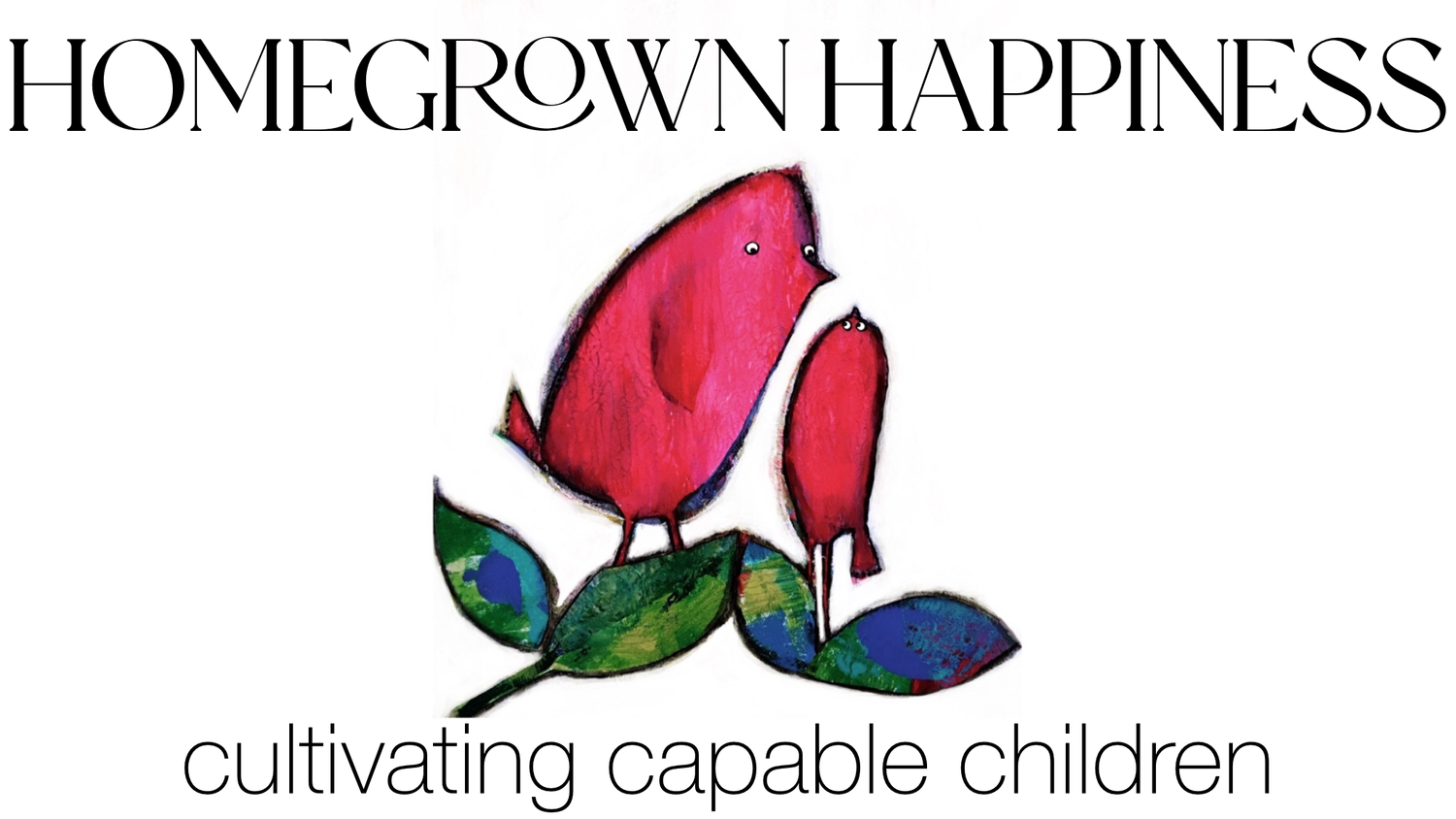“Every time we respond to a ping or bubble, it takes twenty-three minutes and fifteen seconds, on average, to get back to what we were originally working on.” ~ Gloria Mark
Gloria Mark also explains, “Whenever you check email, every so often you get a hit, some great email received. That happens on a random schedule. In psychology, that’s called random reinforcement and that’s enough to reinforce behavior.”
According to the article “Neuroscientists Say Multitasking Literally Drains the Energy Reserves of Your Brain” by Olivia Gildhill, “Random behavior can be incredibly difficult to combat. And Mark’s research has found that after being frequently interrupted, people often develop a short attention span and begin to self-interrupt.
If this is happening to adults, imagine what it’s doing to children whose brains are still developing, keeping in mind that the brain isn’t fully developed until age 25 or so.
Here are some activities to help children focus: working on crossword, jigsaw, or picture puzzles, creating artwork, listening to music, thinking up new words to classic tunes, playing Statue or Freeze, telling add-on stories, digging or splashing at a sensory table, taking a nature walk, or just enjoying some good old-fashioned open-ended, uninterrupted free play.


